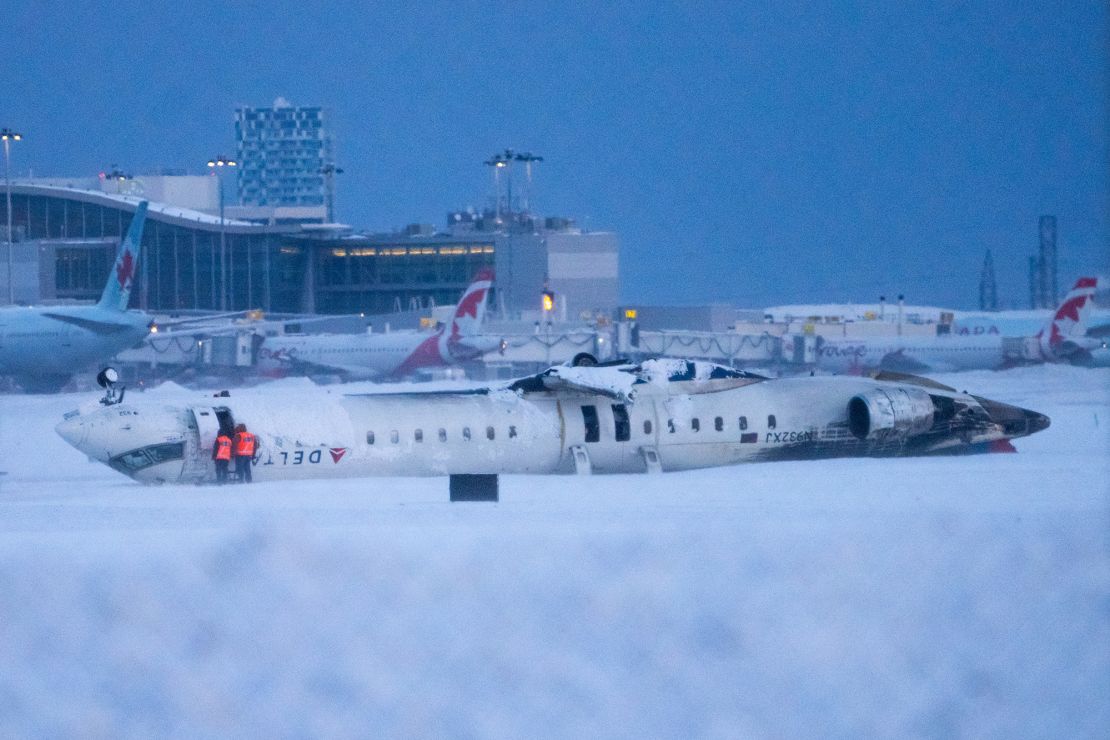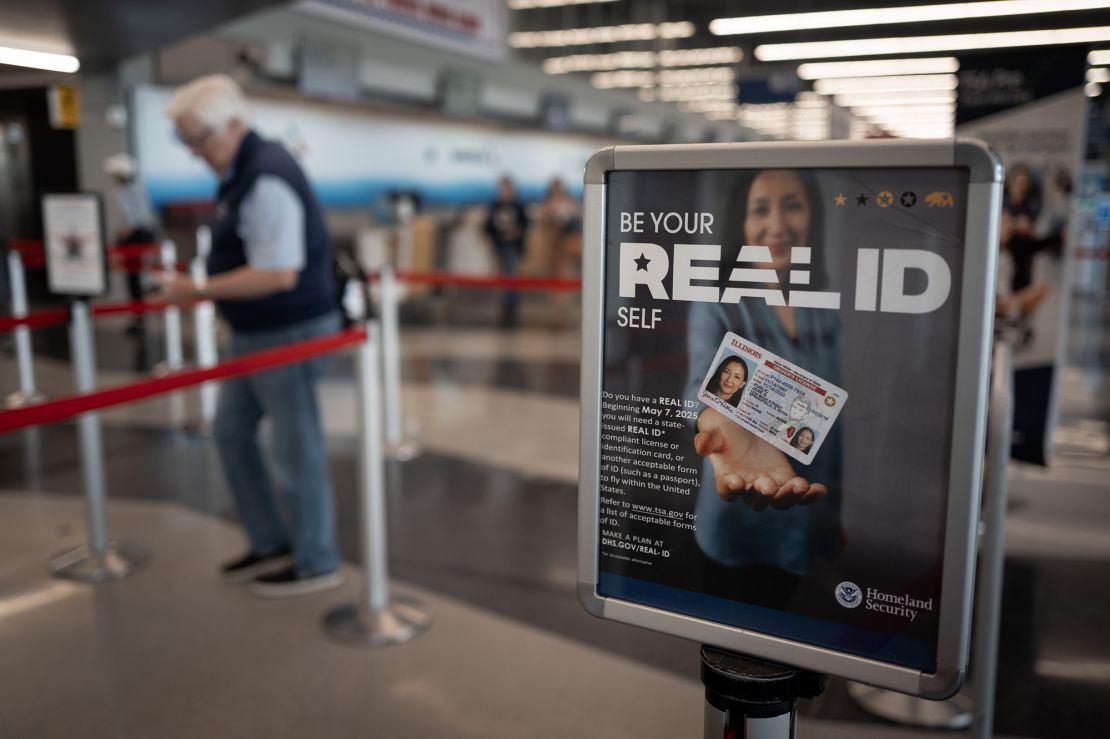CNN
—
Summer’s usually a boom time for airlines. This year could change that.
Airlines began 2025 projecting strong growth. But since then, one issue after another has cut into passenger demand.
Air traffic control problems are causing flight delays and cancellations, feeding into traveler worries over safety that began in January with the worst US air crash in decades. A global trade war and other economic concerns are driving down the value of the dollar, making overseas travel more expensive for Americans.
Meanwhile, foreign travelers are staying away either in protest over actions by the Trump administration or due to immigration concerns. There are also new security rules requiring airlines passengers upgrade to a “Real ID” to get through TSA checkpoints, which could keep some passengers from flying.
Add to that a general concern about the economy, and what’s usually a key money-making time for the airlines could fall short this year.
“It really is a perfect storm of a lot of things affecting the airlines,” said William McGee, senior fellow for aviation and travel at the American Economic Liberties Project think tank. “Summer is definitely going to be softer for the airlines. And summer is where the biggest part of the money is made.”
Instead of gearing up to make big profits, airlines are cutting back flight routes for the rest of the year to save money, stepping away from earlier optimistic earnings guidance. Airline stocks measured by the NYSE Arca Airline Index have lost more than 20% of their value since January 29, the date of the fatal crash at Ronald Reagan Washington National Airport.
That was the first high-profile airline incident this year, but it was far from the last. Since then, there has been a non-fatal crash in Toronto of a Delta regional jet as well as reports of near-collisions on the ground, and in the air, at various airports across the United States.

After the fatal crash in Washington, DC, Delta CEO Ed Bastian said the airline saw an immediate drop in ticket sales as more passengers became worried about flying.
“It caused a lot of shock among consumers,” he said at an investors conference in March. “We saw a pretty immediate stall in both corporate travel and bookings. Consumer confidence and certainty in air travel started to wane a little bit as questions of safety came in.”
Concerns about safety haven’t been helped by recent reports of air traffic controllers overseeing flights at Newark Liberty International Airport briefly losing both radar and their ability to communicate with planes.
There were no crashes as a result of the air traffic control issues, but it did cause some controllers to put in for trauma leave. The drop in staffing led to long delays and cancellations for thousands of flights at one of the nation’s key airport hubs.
“I’ve had more friends, colleagues and acquaintances say they don’t want to fly right now than normal, not because they’re scared of crashes, but because they don’t want to deal with delays and cancellations,” said McGee.
Flyers aren’t staying away just because of safety concerns and potential delays – there’s also worries about the broader economy.
Consumer confidence this month plunged to levels below those seen during the Great Recession. The Conference Board’s confidence survey found in April that Americans intending to fly in the next six months fell 12.5% from January.
International travel, an important profit driver for the nation’s three largest airlines, has been hit particularly hard. According to analysis by aviation analytics firm Cirium, bookings from the United States to Europe from June through August through third-party sources like online travel sites fell 9.8% compared to a year ago. And it’s even worse in reverse, with 12% fewer bookings on flights from Europe to the United States.

Then there is the Real ID requirement for boarding flights, which could be keeping travelers away from airports until they can upgrade their drivers’ license, which can take weeks or even months.
So far, the new security rule has had little apparent impact on travelers, according to one airline executive who spoke to CNN on background.
About 7% of Americans are showing up at TSA checkpoints without a Real ID or an alternate form of allowable identification, such as a passport or military ID, according to a TSA spokesperson. But the agency said many of those without the Real ID or equivalent are being allowed through after additional screening. The TSA expects to end exceptions later this year.
The airlines have weathered worse situations in the past. The pandemic brought flying to a near-halt, requiring federal bailouts. The September 11 terrorist attack was followed by a string of bankruptcies and mergers. There have been massive financial losses due to previous spikes in fuel prices.
But as the airlines begin a summer where they had expected smooth flying, they’re about to experience some unpleasant financial turbulence.
